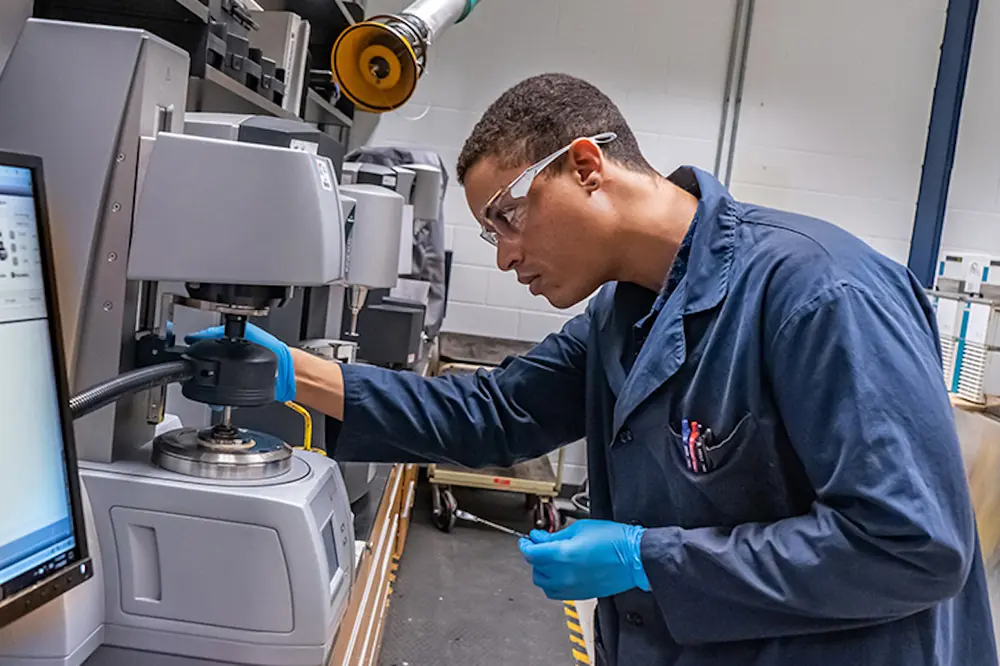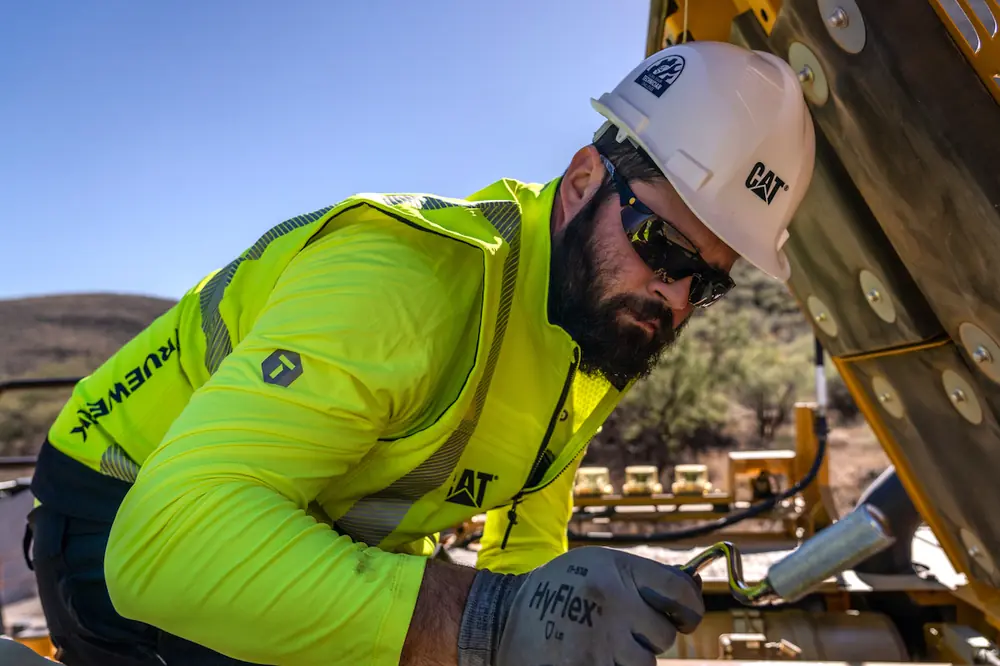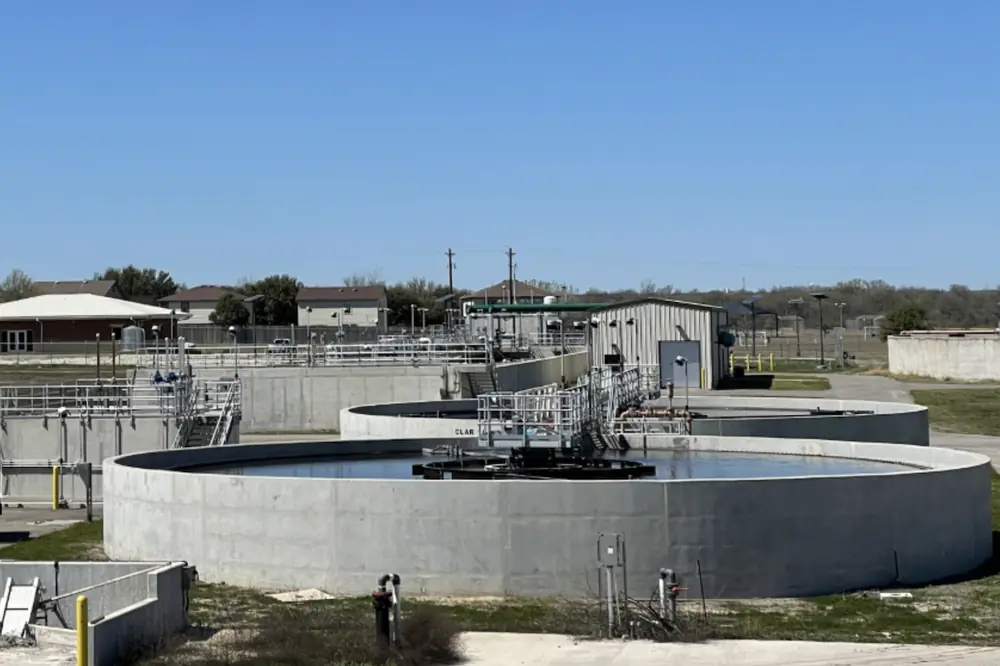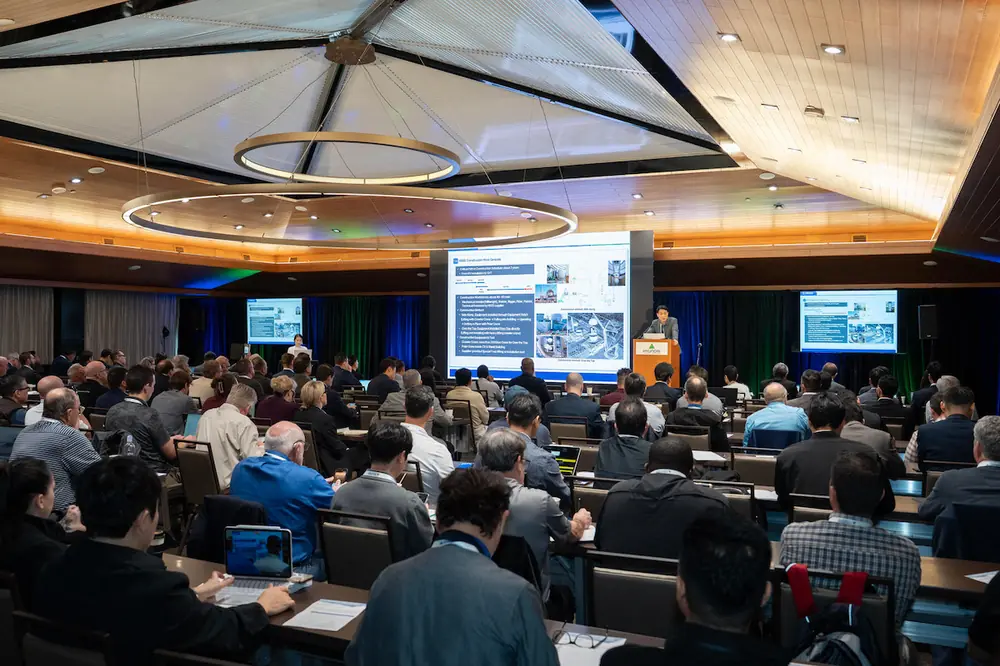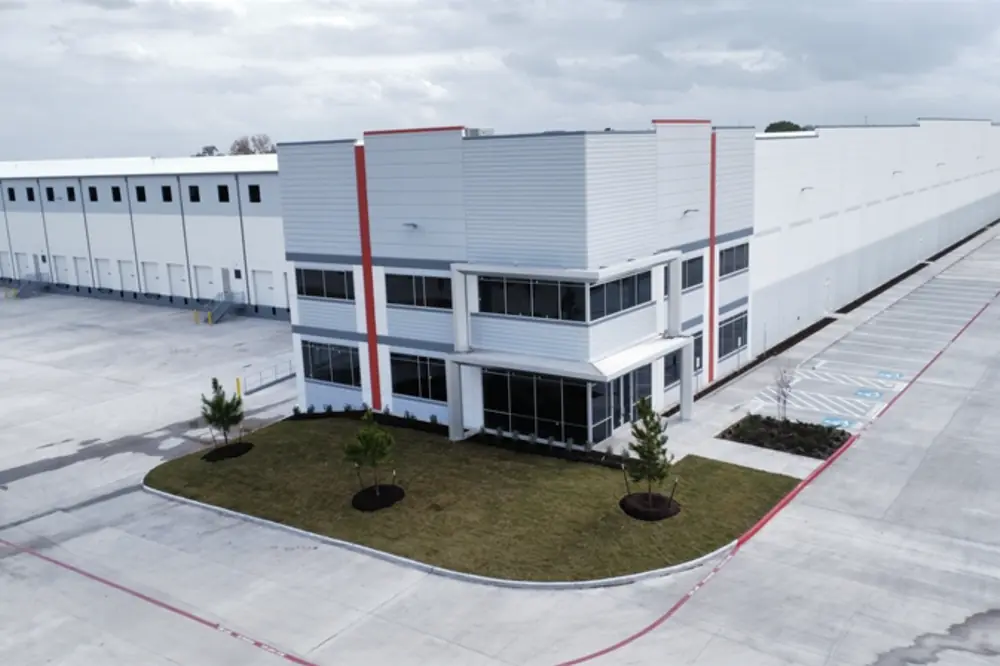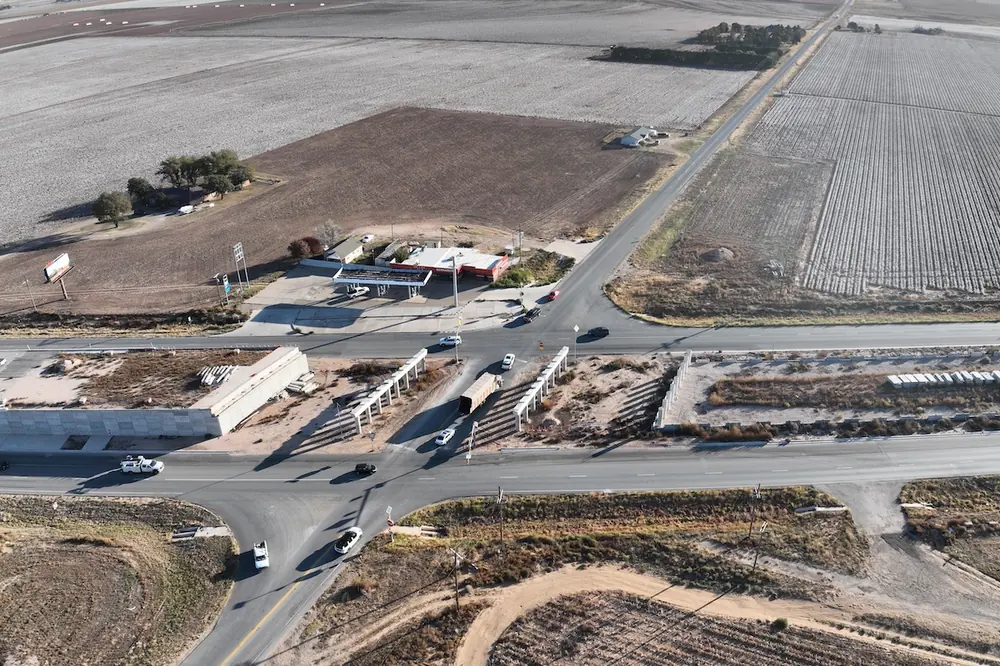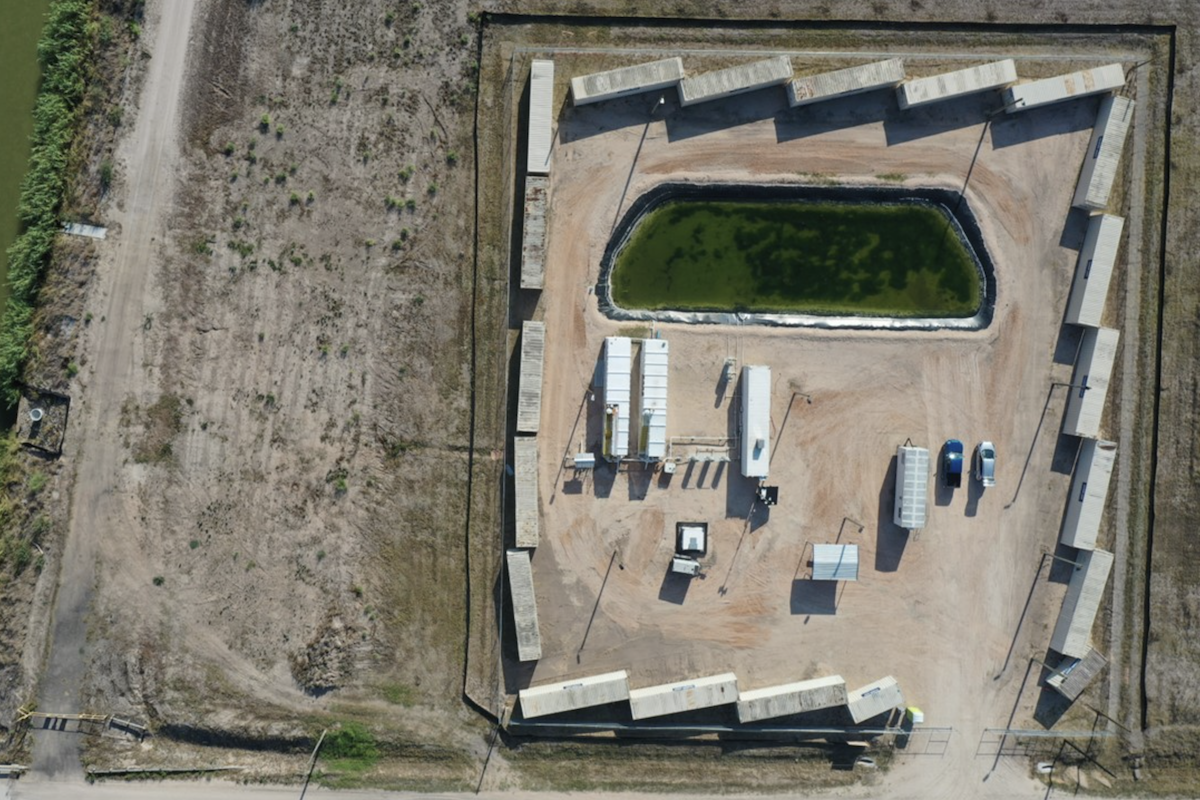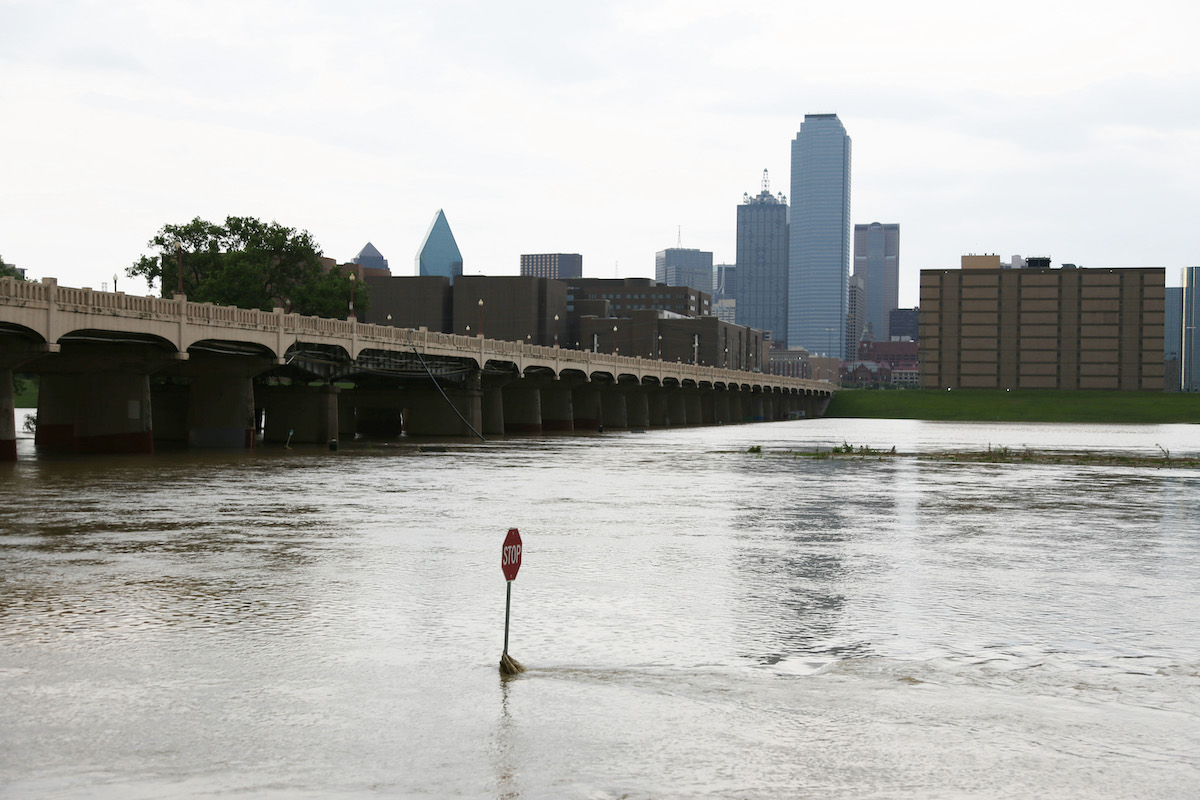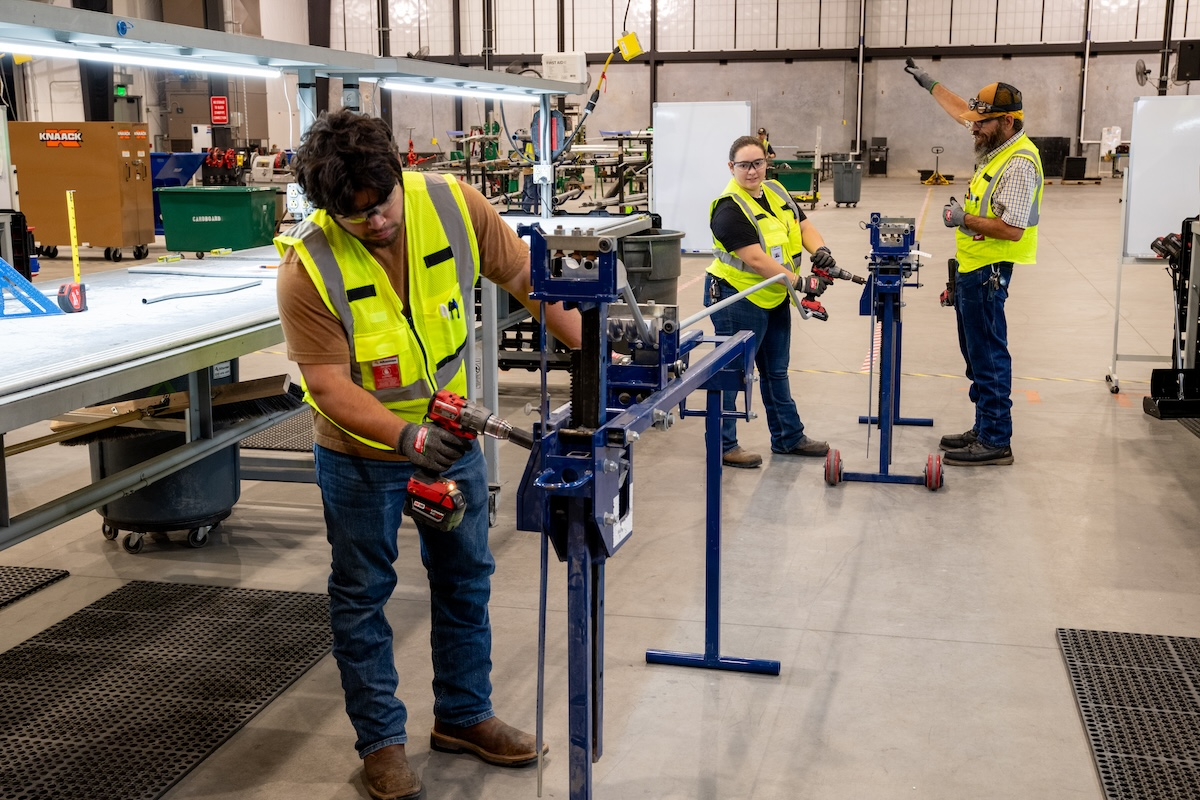The law is clear that sovereign immunity from suit can only be waived by a resolution or statute passed by the State Legislature. The law also requires that the waiver of immunity in a Legislative measure must be in “clear and unambiguous” language. In recent decades, the Legislature has eroded this immunity. But, every public contractor should be aware that in Texas the doctrine lives on – except to the extent that the legislature has created exceptions. It’s important to understand what exceptions the Legislature has given us in the state Texas.
There are four main statutes that waive sovereign immunity for different governmental entities. None are blanket waivers; each has limitations and conditions. And they’re all different.
A local governmental entity that is authorized by statute or the constitution to enter into a contract and that enters into a contract subject to this subchapter waives sovereign immunity to suit for the purpose of adjudicating a claim for breach of the contract, subject to the terms and conditions of this subchapter.
This clear and unambiguous waiver of sovereign immunity is subject to several limitations and conditions. First, the waiver only applies to “a local government entity.” That phrase is defined elsewhere in Chapter 271, but includes municipalities, public school districts, junior college districts, and special purpose districts or authorities. This means that Chapter 271 is not a waiver for a public university, a county, a state agency, or any other entity not in the definition. Another condition is that the local government entity must be “authorized by statute or the constitution to enter in a contract,” which means that Chapter 271 does not apply to a local government entity that does not have legal authority to enter a contract.

| Your local Gomaco dealer |
|---|
| Closner Equipment Co Inc |
| Closner Equipment Co Inc |
The second limitation in the waiver language is that the local government entity “enters into a contract subject to this subchapter.” This phrase is also defined in Chapter 271, which says that the contract must be in writing and include the essential terms for the goods or services provided to the local government entity and be properly executed. In other words, it must be an enforceable written contract.
The third limitation in the waiver is “for the purpose of adjudicating a claim for breach of the contract.” This language limits the waiver further by stating that the waiver only applies to claims against the local government entity for claims that the local government entity breached the terms of its contract with the contractor. “Adjudicating” is also limited by definition to mean that claim must be brought in a suit in county or state court or in an arbitration authorized by the contract. This definition disallows bringing claims in federal court and only allows arbitration if agreed to in the contract with the local government entity. Lastly, the waiver language states that all the foregoing limitations and conditions are “subject to the terms and conditions of this subchapter,” which means in addition to all of the conditions in the waiver language, Chapter 271 has more conditions that limit the waiver of sovereign immunity.
- Chapter 114 of the Civil Practice and Remedies Code allows certain claims against Texas state agencies exceeding $250,000;
- Chapter 2260 of the Government Code allows claims against Texas state agencies for amounts of $250,000 or less; and
- Chapter 262 of the Local Government Code provides for certain claims against counties.
The only commonality across all four statutes is that they waive sovereign immunity, and the waiver applies only to breach of contract claims. As mentioned, each of the four statutes has its own unique limitations and conditions to the waivers provided.
We should note that none of the statutes applies to the Texas Department of Transportation (TxDOT). TxDOT contractors can follow the claims process that they may be familiar with, but no Texas statute waives TxDOT’s sovereign immunity for breach of contract claims.
The law on sovereign immunity is expansive and ever changing. If you do find yourself in a situation where you have a contract dispute with a government entity and need to know your options, please consult an attorney regarding issues of sovereign immunity.
JD Holzheauser is Senior Counsel at Peckar & Abramson, P.C. and can be reached at jdholzheauser@pecklaw.com and 512-236-0009.
Curt Martin is a Partner at Peckar & Abramson, P.C. and can be reached at cmartin@pecklaw.com and 713-568-1500.















